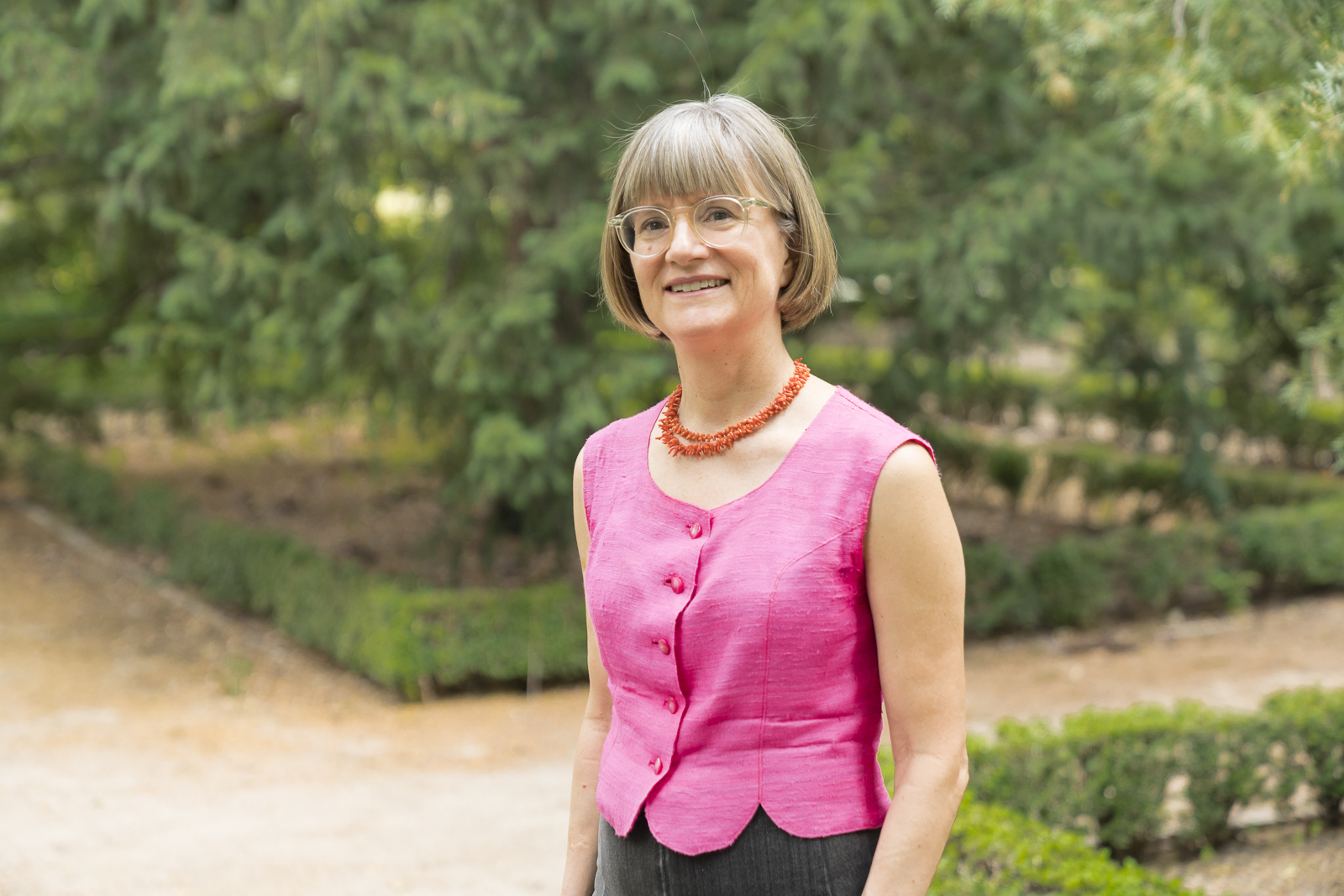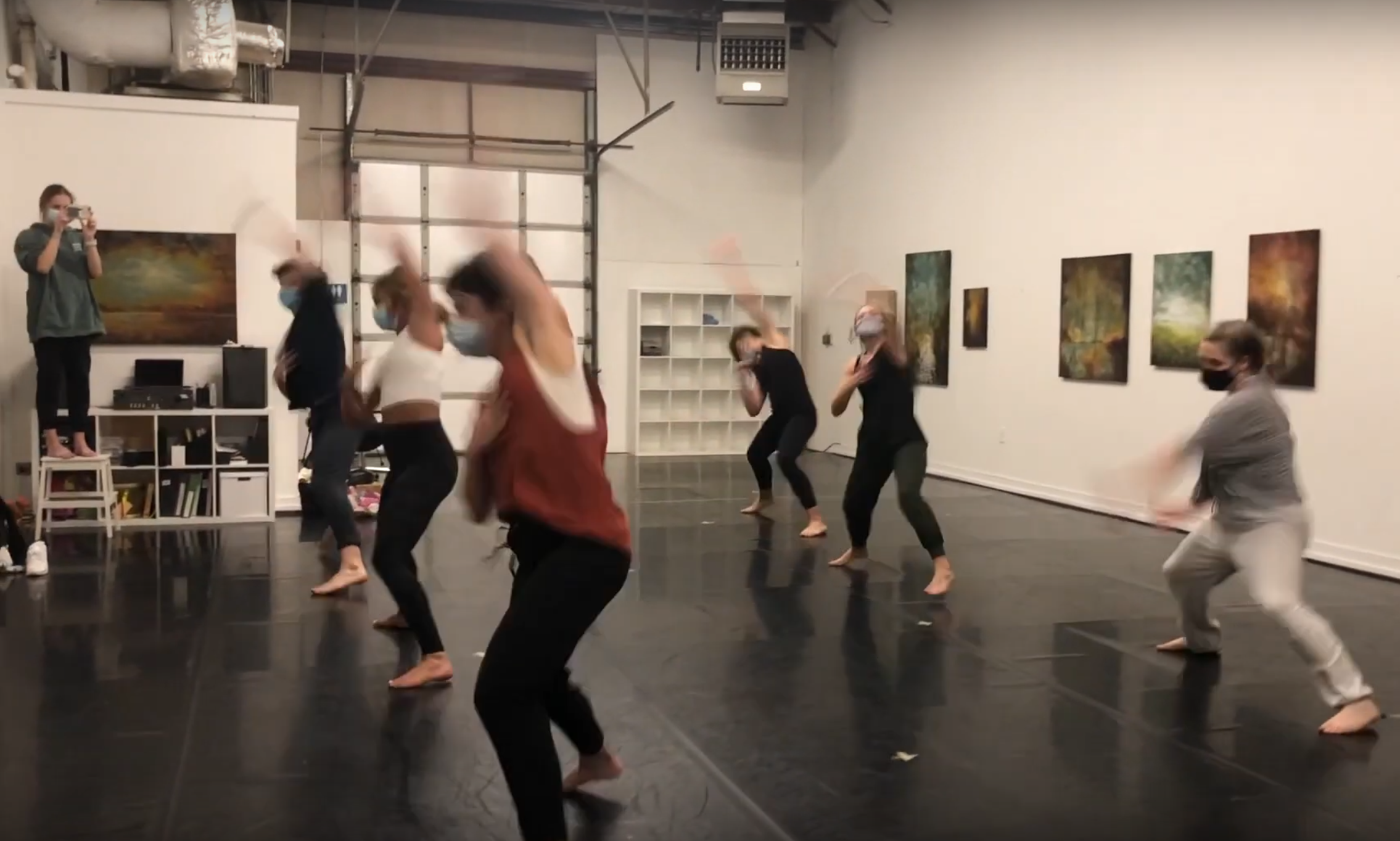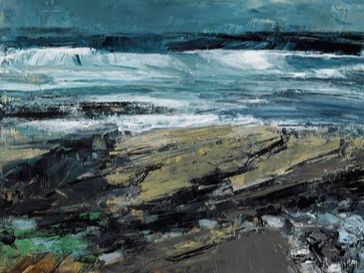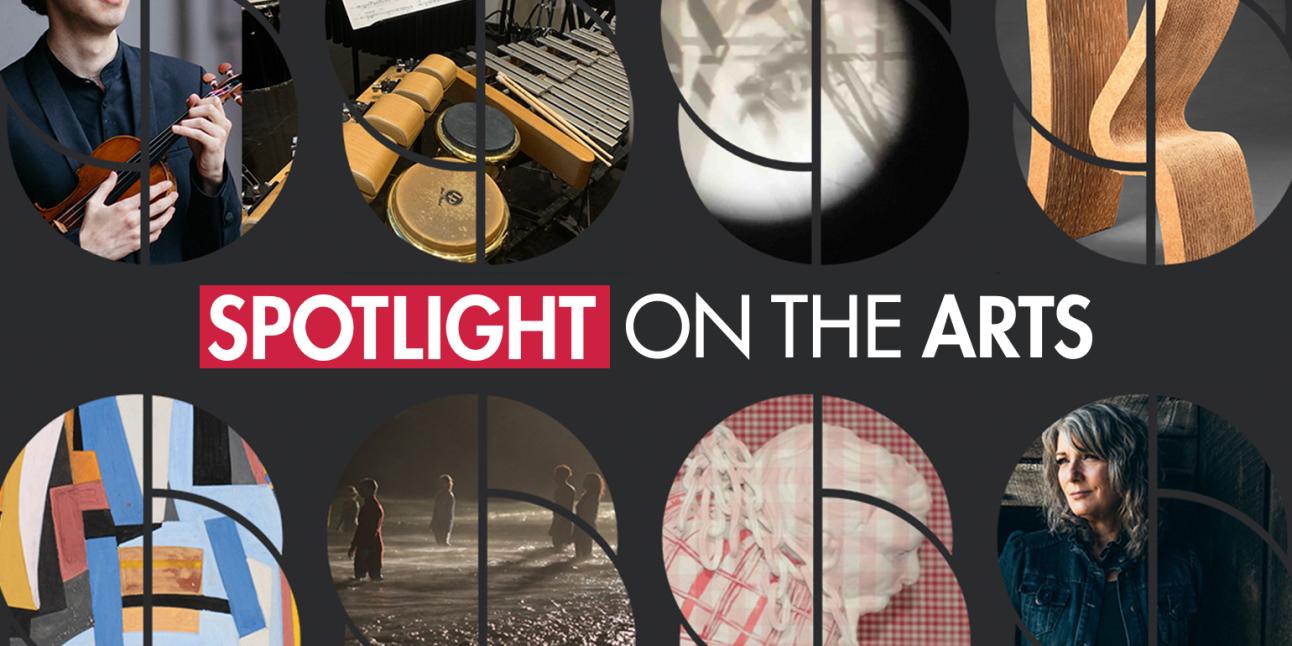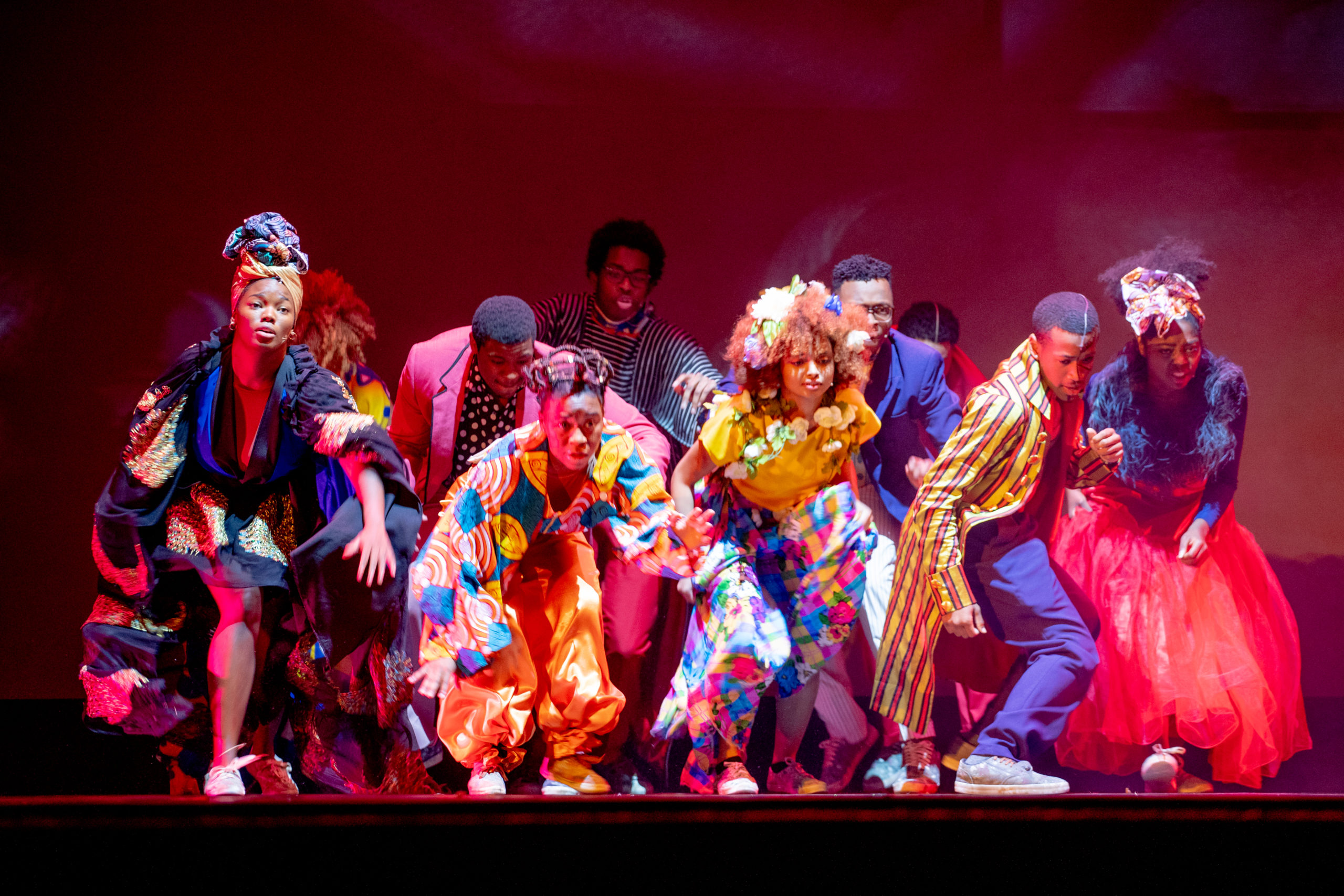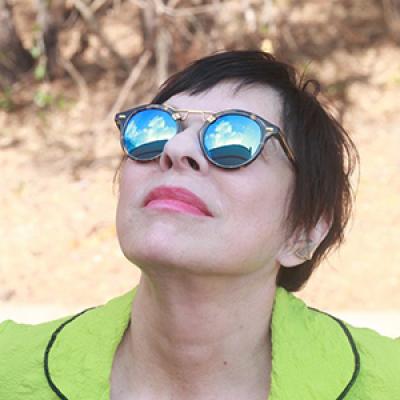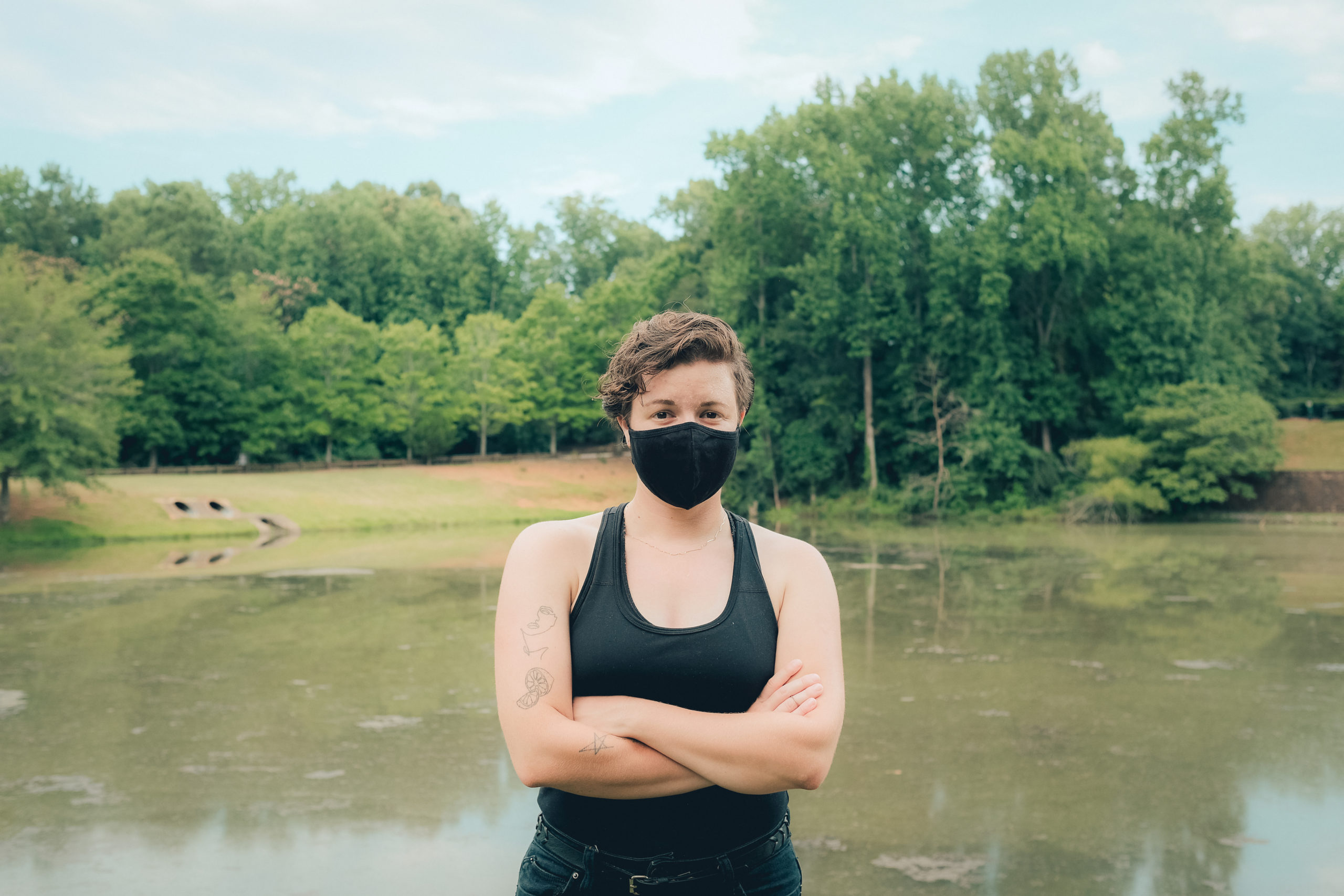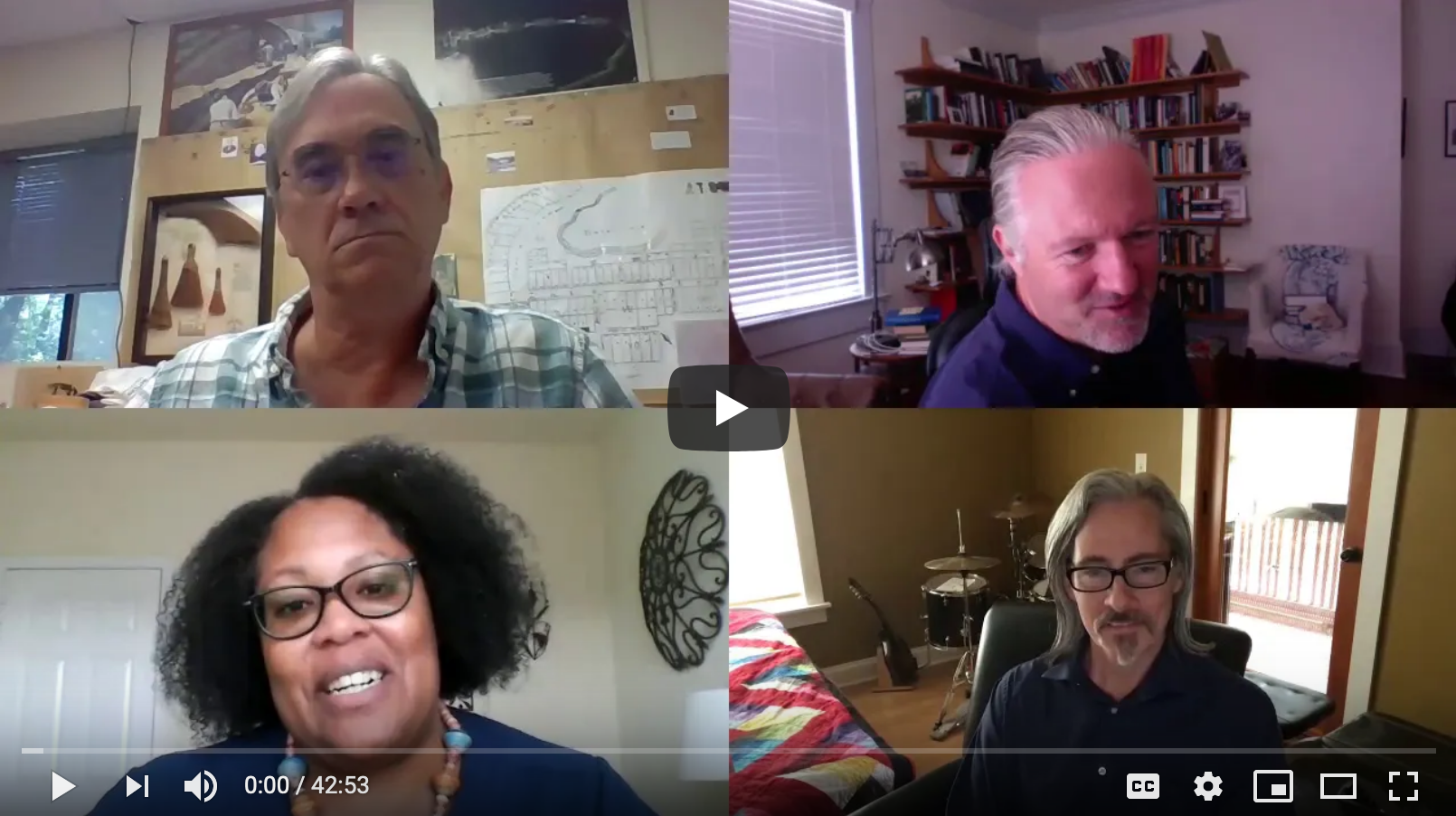The Public Humanities Network of the Consortium of Humanities Centers and Institutes (CHCI), in partnership with the Whiting Foundation, has organized a series of of virtual gatherings called “The Humanities Tomorrow,” the second of which will take place Friday, Nov. 13 from 2:30 – 4 p.m. ET. Registration is now open for the online conversation on “Cultural Preservation and Storytelling – The Archaeology of Redress.”
These gatherings are designed to share experiences of contemporary humanities projects by scholars who are visionaries and change-makers, with a focus on practical lessons we might share as a community in committing to this work.
Each gathering will last no longer than 90 minutes, will be open to everyone who registers in advance, and will be recorded for sharing through the CHCI afterwards.
Public Humanities Network members may also like to register for the National Humanities Conference on November 6, 10, 12, and 13, which is hosted virtually by the Federation of State Humanities Councils and the National Humanities Alliance.
“The Public Humanities Tomorrow: Cultural Preservation and Storytelling – The Archaeology of Redress“
Date: Friday, November 13, 2020
Time: 2:30 – 4 p.m. ET
Registration required – available here
As archaeologists working in communities that have been impacted by colonialism we are constantly confronted with the troubles of uncovering and interpreting difficult histories. Is it possible to move beyond merely reiterating narratives of trauma and their legacies? Can we as archaeologists begin to imagine forms of redress? Building off of frameworks in community-engaged scholarships, we explore the ways in which our community-engaged practice requires us at times to step outside of our disciplinary training to imagine a praxis of redress.
Panelists:
Justin Dunnavant, Vanderbilt University
Ayana Omilade Flewellen, University of California, Riverside
Gabby Omoni Hartemann, The Federal University of Minas Gerais
Chair:
Alexandra Jones, Archaeology in the Community

